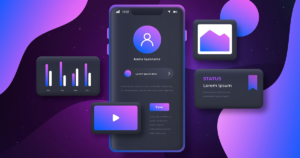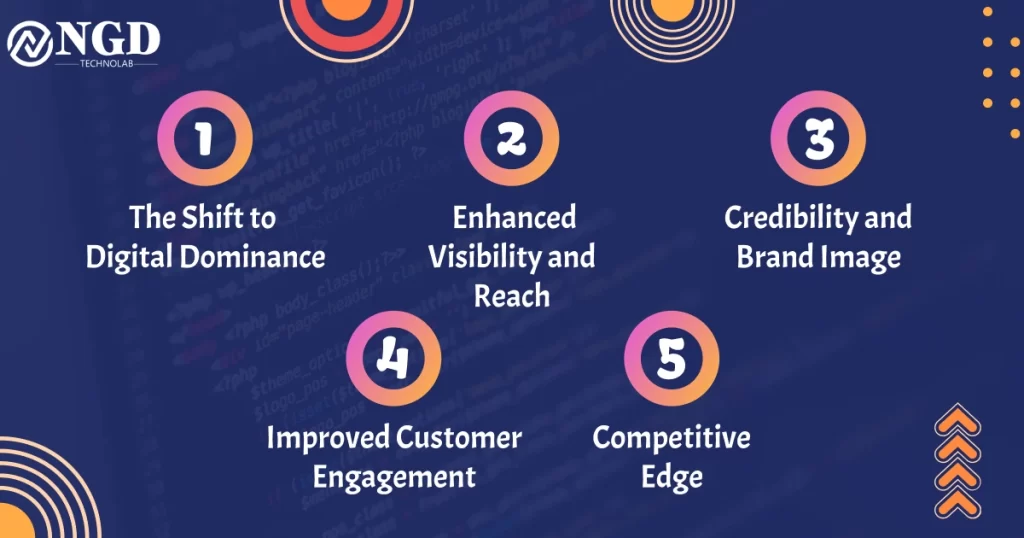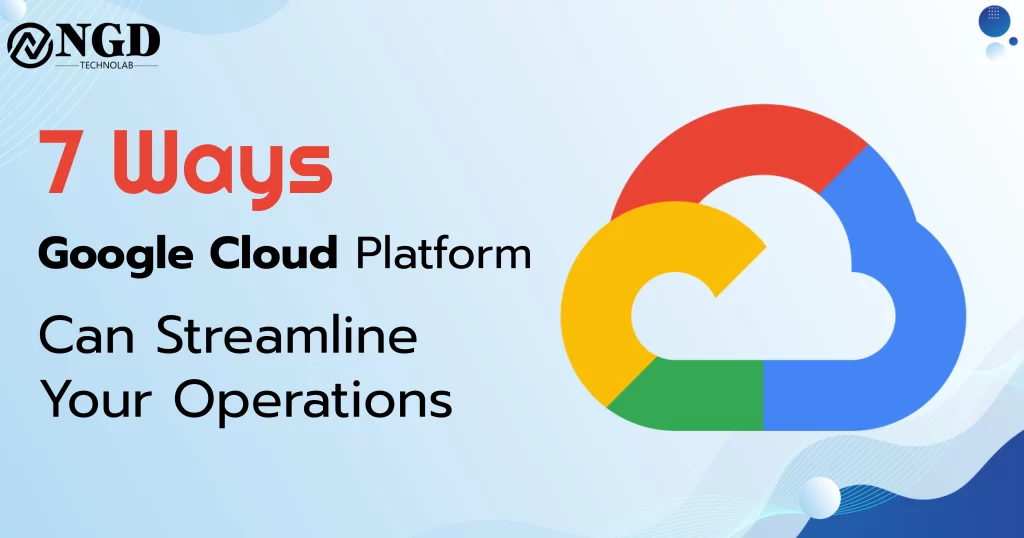The Benefits of Building Android and iOS Apps for Startups
-
Harshid Patel
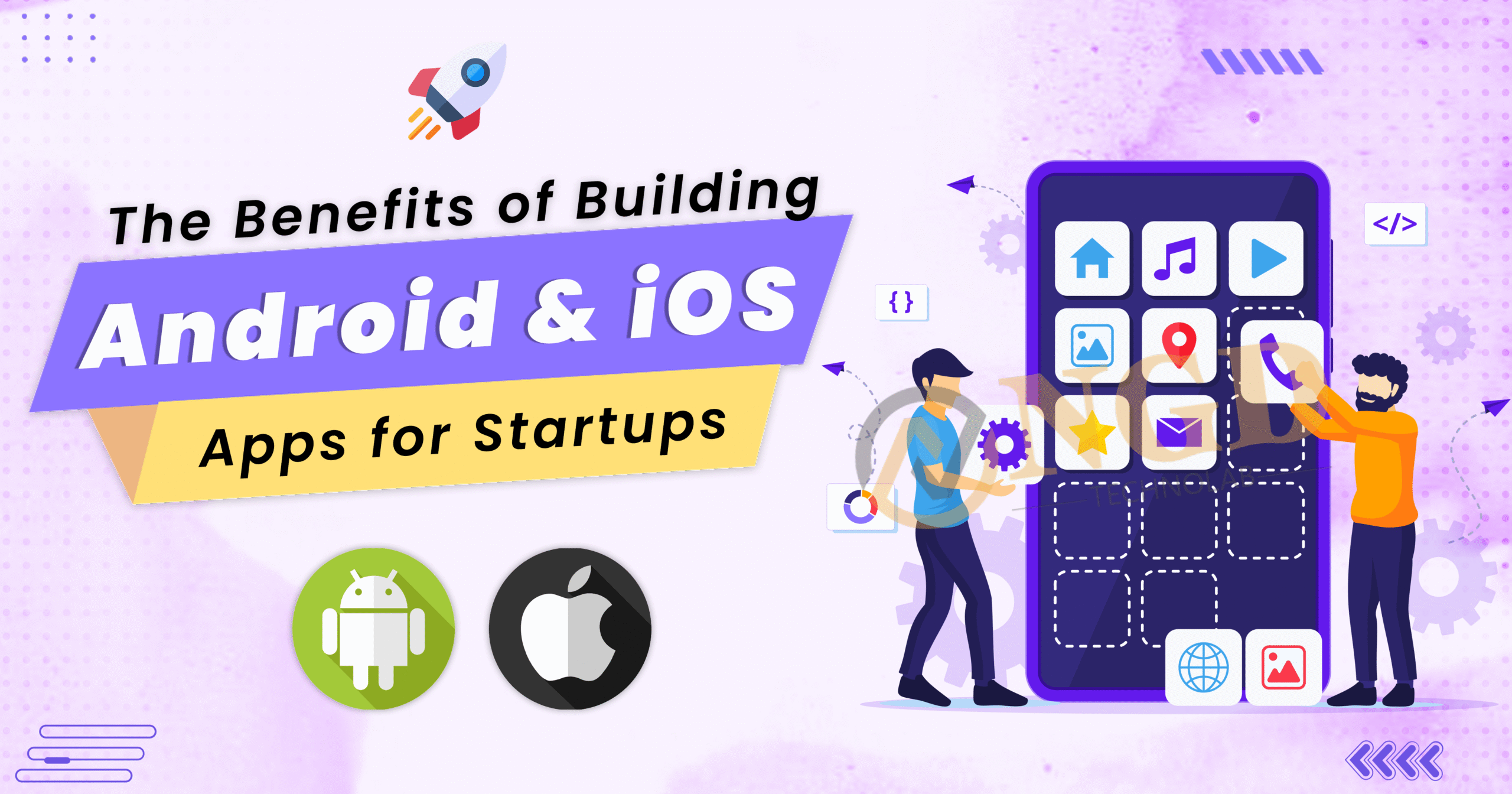
Starting a new company is always exciting, but it comes with many challenges, especially when you have a limited budget. a small number of employees, and a highly competitive market, every choice matters. Although we live in a very digital world, mobile apps have become one of the most potent tools for startups to stay connected with customers, win customers’ trust, and grow their business faster.
Whether it is Android or iOS, apps place your business right at the customer’s fingertips. The stats say that the average person spends more than 4 hours a day using mobile apps, which gives startups a great opportunity to attract the eye and get loyal customers.
In this article, we will look at the main reasons for startups to build Android and iOS apps and how these apps become a stepping stone to their growth and survival in the long run.
Android Studio: Unveiling the Power of Android App Development
1. Why Mobile Apps Matter for Startups
The initiation of a business startup is a challenge that nobody would say is easy to take on. In the early stages, startups are usually limited in their available resources, budgeting is always tight, and there is a lot of pressure for them to grow rapidly. To be able to compete against more prominent brands, they need to find more effective ways of involving customers in their activities.
That is when mobile applications become relevant. Apps made for either Android or iOS both allow startups to engage directly with users, expose them to the brand, and create extraordinary experiences. Since everybody is glued to their apps for hours every day, the presence is the best way for startups to remain in the game.
2. Benefits of Android and iOS Apps for Startups
2.1 Better Customer Reach
Presently, Android is the vice king of the worldwide home smartphone market, while iOS holds the crown in the USA, UK, and Canada. Therefore, designing products for both platforms guarantees almost complete coverage of the target audience. With just a click, people can get in touch with your business anytime—it's as easy as that, no need for them to wait until they visit your website.
2.2 Stronger Brand Visibility
Startups with an application show that they are professional and trusted. Besides, a symbol on the home screen of a user is the ceaseless reminder of your business. Even if they do not use it daily, the sight keeps your brand intact in their thoughts.
2.3 Improved Customer Engagement
Through apps, users are granted the opportunity of real-time engagement by means of push notifications, personalized offers, and instant chats. For instance, a food delivery app can consider sending discounts for dinners just before the dining time, thus orders will increase.
2.4 New Revenue Opportunities
Wed countless revenue channels via mobile applications:
- Direct product sales
- Subscription models
- In-app advertising
Fitness startups are the cases of app usage to market up memberships or training sessions, thus creating an easy way to a constant revenue growth.
2.5 Better Customer Insights
Unlike other marketing channels, apps provide a lot of details on user behavior such as the most used features, the last purchase, and peak time for user activity. For example, startups could do marketing based on these data such as a special weekend sales program if usage is higher during weekends.
2.6 Higher Customer Loyalty
With developments in technology such as loyalty points, referral bonuses, or rewards, apps are helping startups obtain customer retention. Even though Starbucks' app is a global example, small startups are still capable of implementing simple loyalty programs that would enable them to lead users into coming back.
2.7 Competitive Advantage
Not all startups are taking the app route from the beginning. Consequently, you will be miles ahead of your rivals if you have an app, which is a clear message that you are an innovator and customer-friendly. This positions your brand among the customer’s many considerations of which one to choose.
2.8 Easier Communication and Support
Typical customer service is slowed down by waiting times and multiple customer contacts, whereas apps make the communication process much quicker and more effective as chatbots, FAQs, and live chat support can all be integrated. Fast support keeps customers satisfied and their loyalty engaged.
2.9 Scalability and Future Growth
Apps, as startups, multiply the possibilities and, luckily, can be easily modified to incorporate new features such as payment gateways or loyalty programs. Additionally, apps are also very flexible and scalable, meaning they can easily adapt to extend beyond business growth and changes in management.
2.10 Access to Device Features
Besides this, apps can utilize phone capabilities such as GPS, camera, and push notifications to their advantage. A few examples are:
- Travel apps displaying nearby attractions
- Shopping apps allowing barcode scanning
- Delivery apps sending live order updates
Such is the case with apps which are far more user-interactive and, thus, more convenient than websites.
3. Real-World Examples of Startup Success with Apps
- Uber: Started small, but its app helped it expand globally.
- Airbnb: Built trust and simplified bookings with its mobile app.
- Zomato: Grew into a household name with app-based food delivery convenience.
These examples show how apps can turn startups into global brands.
Conclusion
For startups, Android and iOS applications aren’t just fashions—they are resources for a real increase in business. Applications promote customer reach, are the base of customer engagement, become an income source, and make loyalty.
The world is mobile-first and startups that invest in apps early will be the winners with stronger customer bonds and fast growth.

Frequently Asked Questions
Yes. Android is the number one in the global market, while iOS is the leader in developed countries. Being on both platforms allows you to take advantage of the whole market.
It is feature-dependent. Startups can take a simple MVP path and later increase the complexity gradually. There are also many agencies that give packages at reasonable rates.
Websites serve the purpose, but apps provide improved engagement, personalization, and ease of use. To all the mentioned advantages, apps are more effective.
The making of a simple app is likely to take 3–4 months, on the other hand, apps with complex features, could take 6–9 months.
Absolutely. The app technology creates a channel whereby the consumers are strongly attached to features like rewards, offers, and ease of access which consequently leads to retention and engender trust in the consumers.
Get Free consultation and let us know about your custom web and Mobile App project idea
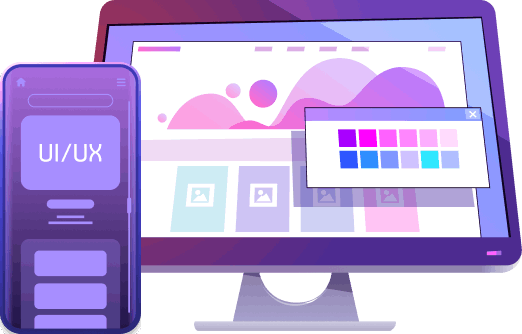
Over 14+ years of work experience, we have built 210+ web and mobile apps
We can help you with
- Dedicated Developer
- delivering high-quality development
- Custom Mobile App Development
- Innovative Solution For Startups and Enterprise
Latest Blogs
Explore the Latest Blogs on Trends and Technology.

